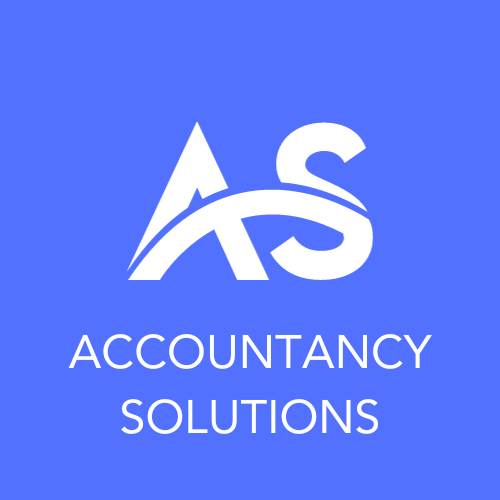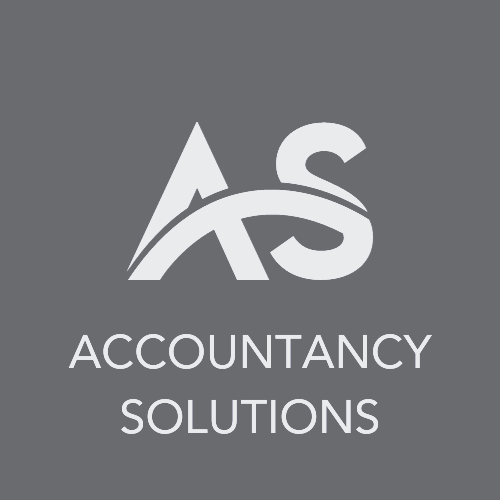Working out your benefits when being self-employed can be a difficult task. Add in a new baby on the way and things get slightly more confusing. If you’re looking for the maternity leave self-employed people are entitled to, paternity for self-employed people, or shared parental leave, you need to know what you’re entitled to, to keep you financially protected during this exciting time.
In this guide, we can help you understand the question ‘can I take maternity leave if I’m self-employed?’
Can I Take Maternity Leave if I’m Self-Employed?
The short answer is yes! You can be financially covered by the Government, providing you meet the criteria (more on this below). It’s important to note that maternity benefits for self-employed people is different to that of those with employers – you’re entitled to Maternity Allowance. It’s also important to note that it’s different to sick pay. Once you complete the application, you find out which Maternity Allowance you are eligible for.
There are two types of Maternity Allowance:
1. Full Rate Maternity Allowance
Full Maternity Allowance is either £151.97 (currently) or 90% of your average weekly earnings. This depends on whichever is less and is paid for a maximum of 39 weeks.
Once your pregnancy hits 26 weeks, you can file for claim and the payments should start 11 weeks before your due date.
2. Reduced Rate Maternity Allowance
For Reduced Rate Maternity Allowance, you’re entitled to £27 a week for up to 39 weeks and this also will start 11 weeks before your baby is due.
The reason you may only be entitled to Reduced Rate Maternity Allowance is because you haven’t paid enough Class 2 National Insurance.
Am I Eligible for Maternity Allowance?
Class 2 National Insurance must be paid for a minimum of 13 of the 66 weeks before your baby is due for Full Maternity Allowance. For this, you must also be registered as self-employed with HMRC, so make sure you check!
Seek further advice if you apply for this late.
How Do I Claim Maternity Allowance?
There are a couple of steps to getting maternity benefits for self-employed people this process:
- Register with HMRC
- Download, print and fill out the MA1 form (contact them directly if you can’t print it so it can be posted to you)
- Return it in the post with the evidence of your due date
- Once approved, choose to have these payments fortnightly or every 4 weeks
Note: you may need to provide proof of income. If you have paid the sufficient amount of National Insurance for full-rate Maternity Allowance, you should not have to submit proof of income.
What if I’m not Eligible for Maternity Allowance?
If your Maternity Allowance is denied, you will be automatically considered Employment Support Allowance (ESA). For 13 weeks, you’re usually given an assessment rate whilst your claim is being assessed. The amount differs depending on age: up to £59.20 a week for under 25s and up to £74.70 for over 25s.
Paternity Leave for Self-Employed People
For paternity leave, self employed benefits are scarce. Currently, there are no benefits that self-employed dads can apply for. You must have an employment contract for government benefits.
What about Shared Parental Leave?
Unfortunately, two self-employed people cannot claim parental leave. However, if one person is employed and the other is eligible for Maternity Allowance, you could be entitled to Shared Parental Leave.
If you choose to receive Shared Parental Leave, the Maternity Allowance recipient will need to decrease their allowance by ending it early. There are 50 weeks to share (seeing as there is a 2-week compulsory maternity leave). The employed individual will be entitled to 50 weeks of shared parental leave less a period equal to the number of weeks’ Maternity Allowance you have received
How SixtyFour8 can help
If all this talk of Maternity Allowance has got your head in a bit of a spin, don’t worry, we can help! Our team of personal accountants and experts know all there is to know about the world of tax and can help you with your finances, freeing up your time to do what you do best.
Contact us on 01633 288 299 today and get a free personalised, no obligation quote.
Looking for more information on your financial rights as a self-employed person? Find out about self-employed allowable expenses and freelancing whilst working full time.
*The information in this article is accurate for the time it is written. It is subjected to change, dependent on the government.

